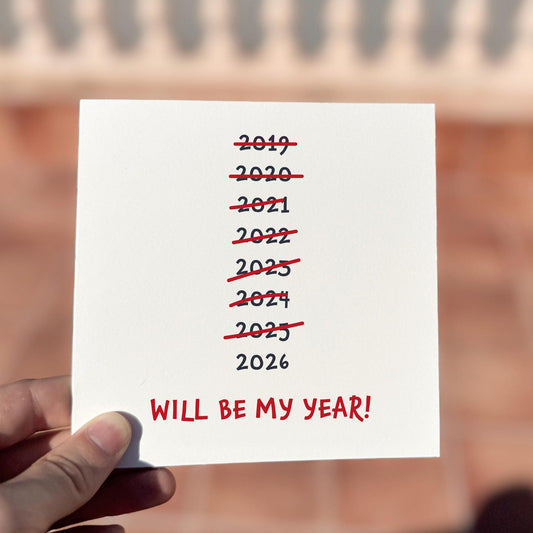Father's Day, a celebration honouring fathers and celebrating fatherhood, paternal bonds, and the influence of fathers in society, has roots that stretch back more than a century. Unlike Mother’s Day, which has somewhat clear origins, the path to establishing Father's Day as a recognised holiday was a bit more convoluted and less straightforward.
Origins of Father's Day
The idea for Father's Day reportedly originated in the United States in 1909 when Sonora Smart Dodd, a woman from Spokane, Washington, attended a Mother's Day sermon and wondered why there wasn't a corresponding holiday to honour fathers. Dodd was particularly passionate about this because she and her siblings were raised by their father after their mother died. She envisioned a day to honour fathers like hers, who sacrificed and dedicated themselves to their children.
Inspired, Dodd began a rigorous campaign to promote Father's Day in the United States. She solicited support from local churches, the YWCA, shopkeepers, and government officials to drum up support for the idea. Her efforts paid off, and the first Father's Day was celebrated in Spokane on June 19, 1910.

Gradual Acceptance
Despite the successful celebration in Spokane, Father's Day did not immediately catch on nationally. Many people viewed the day skeptically as just another commercial opportunity similar to Mother's Day, meant more to boost sales for businesses than to sincerely honour fathers.
However, the idea of a "Father's Day" continued to gain supporters over the years, and the holiday was celebrated intermittently in various communities across the country. In 1924, President Calvin Coolidge supported the idea of a national Father's Day to "establish more intimate relations between fathers and their children and to impress upon fathers the full measure of their obligations," though he did not issue a formal proclamation.

Official Recognition
It was not until 1966 that President Lyndon B. Johnson issued the first presidential proclamation honouring fathers, designating the third Sunday in June as Father's Day. Finally, in 1972, under President Richard Nixon, Father’s Day was established as a permanent national holiday.

Father's Day Around the World
While the United States celebrates Father's Day on the third Sunday in June, other countries have their own traditions. For example, many Catholic countries in Europe observe it on March 19, St. Joseph's Day, to honour Joseph, the father figure of Jesus. Meanwhile, countries such as Australia and New Zealand celebrate it on the first Sunday in September.

Modern Celebrations and Controversies
Today, Father's Day is celebrated worldwide with various traditions, from simple acts of appreciation like cards and gifts to more elaborate gatherings and activities. However, the commercial aspect of the holiday continues to be a point of contention for some, who argue that it detracts from the more heartfelt and genuine expressions of gratitude towards fathers.
Despite this, the core idea of Father's Day has held strong, and it remains a special time to acknowledge the vital role fathers and father figures play in individual lives and broader society. As societies evolve and notions of parenting and fatherhood continue to change, Father's Day also adapts, reflecting new understandings and appreciations of what it means to be a father.



































